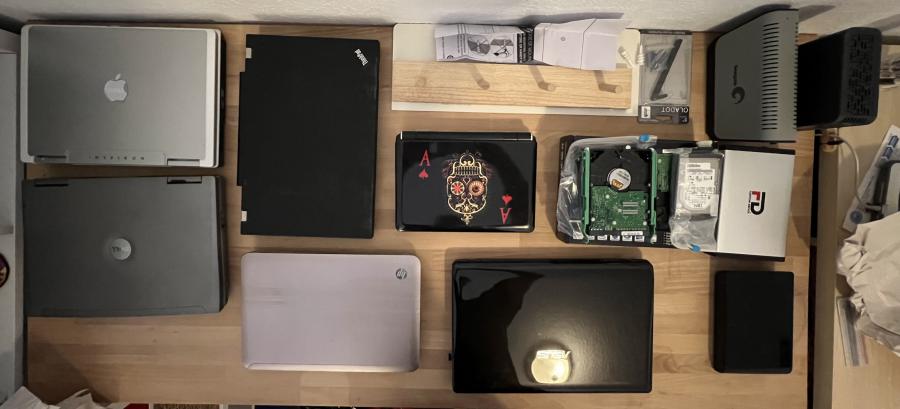Ray Franklin tweeted: "Steve, I've looked through the current show notes for the reference 'wipe drive with encryption.' What's the program to effectively wipe a drive with random data?" And that's VeraCrypt. And I tweeted him the link. It's at veracrypt.fr because it's French. And you could use it as we've talked about, basically to fill your drive with cryptographically secure noise. It's actually encrypting what you have already there. But if you throw away the key, no one's ever going to get it.





 Reply With Quote
Reply With Quote




